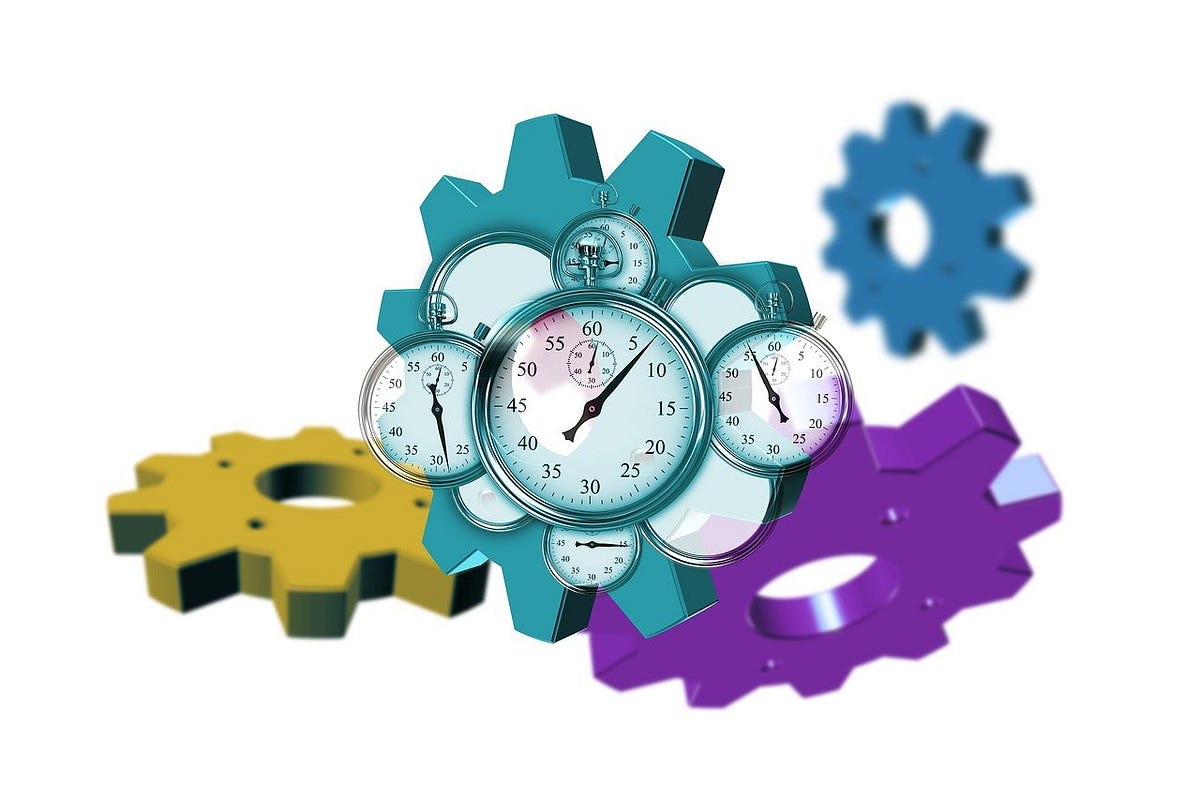Now Reading: The Illusion of a Busy Life: Why Being Occupied Doesn’t Always Mean Being Productive
-
01
The Illusion of a Busy Life: Why Being Occupied Doesn’t Always Mean Being Productive
The Illusion of a Busy Life: Why Being Occupied Doesn’t Always Mean Being Productive

In today’s society, many people wear the tag of being “busy” as a badge of honor. Long hours, constant calls, and packed schedules create the image of a hardworking and successful life. But when looked at closely, much of this busyness is often an illusion. For people in Tier-2 cities, where balancing work, family, and social commitments is already challenging, the idea of a busy life can sometimes hide the lack of real progress.
The difference between being busy and being productive is often overlooked. A person can spend the entire day switching between tasks, checking emails, or attending meetings without achieving anything meaningful. In smaller towns, where resources and opportunities are limited, this misplaced effort can prevent individuals from focusing on what truly improves their personal or professional life.
Technology has added to this illusion. Notifications, social media, and endless online tasks make people feel engaged all the time. Yet much of this activity only creates mental clutter. Students preparing for exams or entrepreneurs managing small businesses in Tier-2 cities often find themselves exhausted, not because of hard work, but because of scattered attention.
The social angle also plays a role. Many equate busyness with importance. Saying “I am busy” becomes a way of signaling value in workplaces or communities. This cultural habit often leads to ignoring rest, hobbies, or even meaningful conversations with family, creating imbalance in the long run.
Recognizing this illusion is crucial. Instead of chasing constant activity, individuals can focus on prioritizing tasks, setting boundaries, and creating time for rest. Productivity is about results, not the number of hours spent. For people in Tier-2 cities, where quality of life is closely tied to family and community, learning to step out of the trap of false busyness can bring both peace and progress.
The illusion of a busy life may give temporary satisfaction, but it rarely leads to lasting success. Shifting the mindset from being occupied to being effective ensures that time and energy are invested in what truly matters.

























